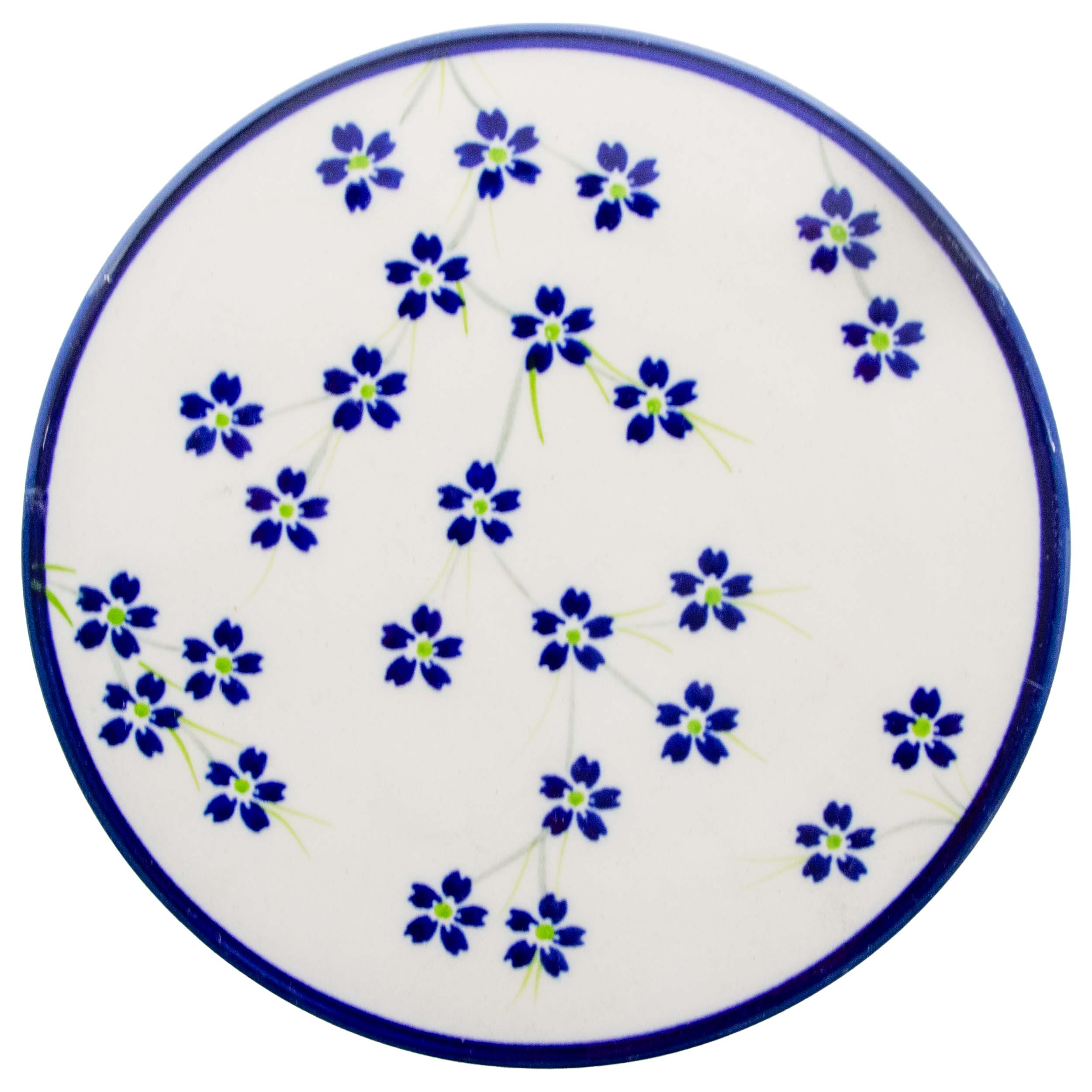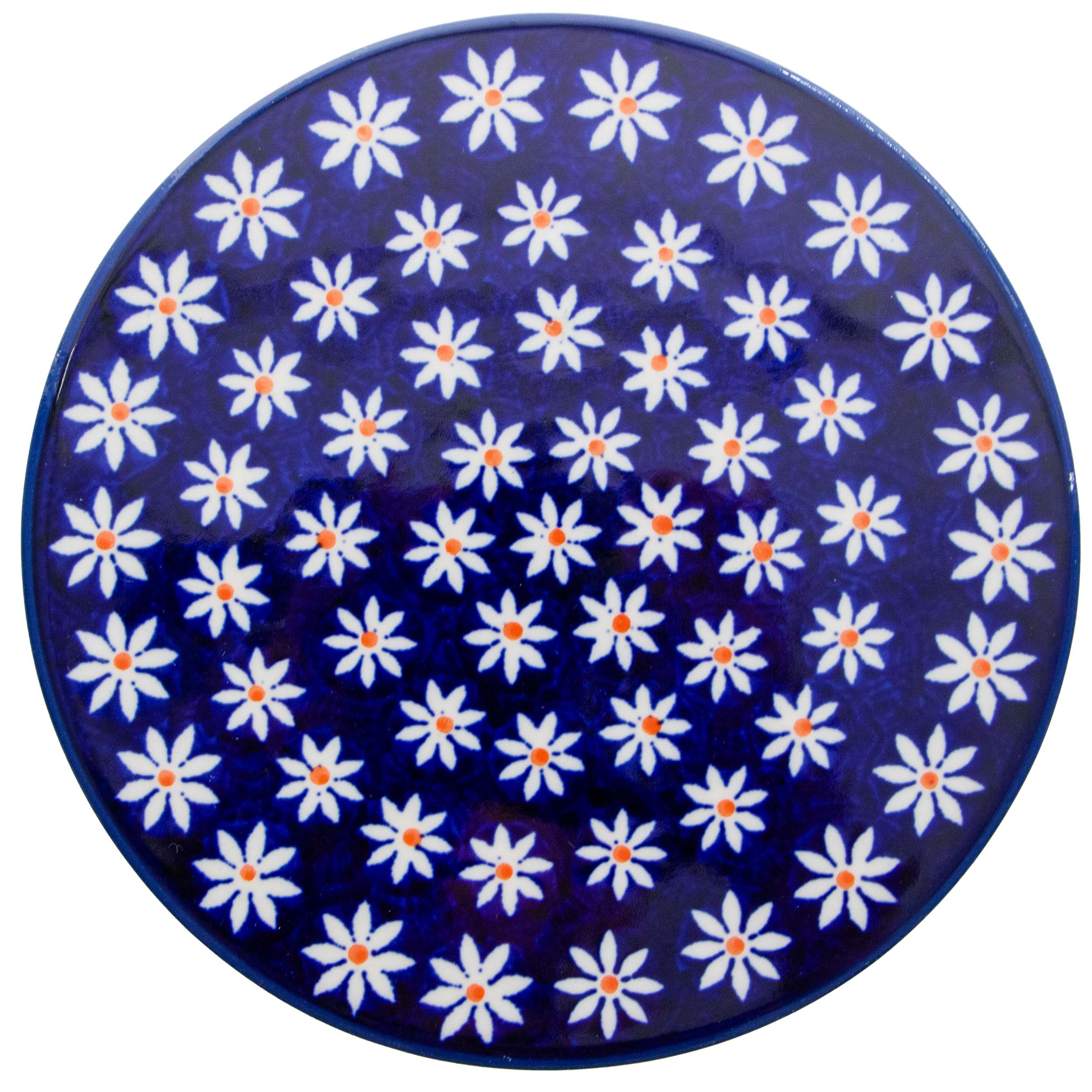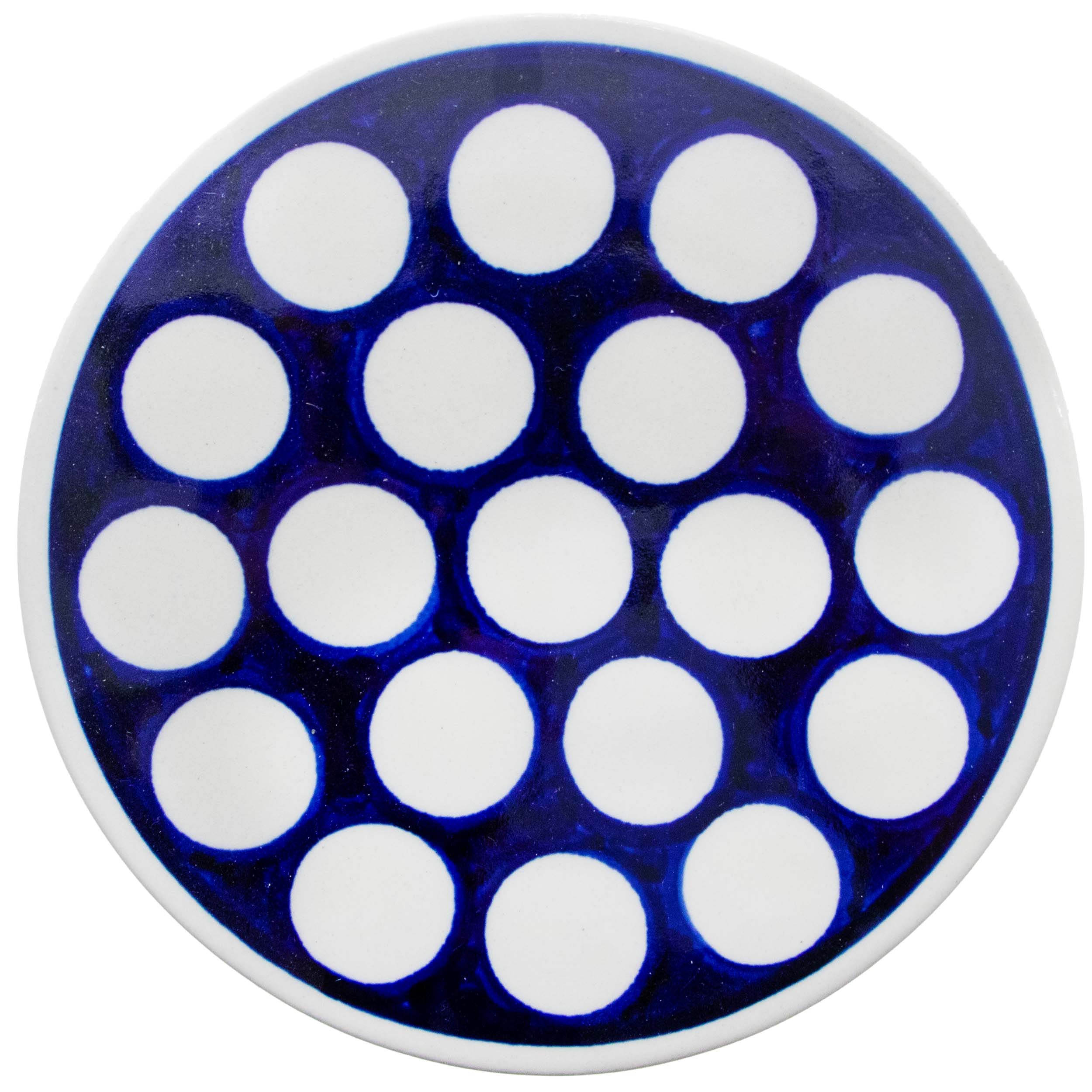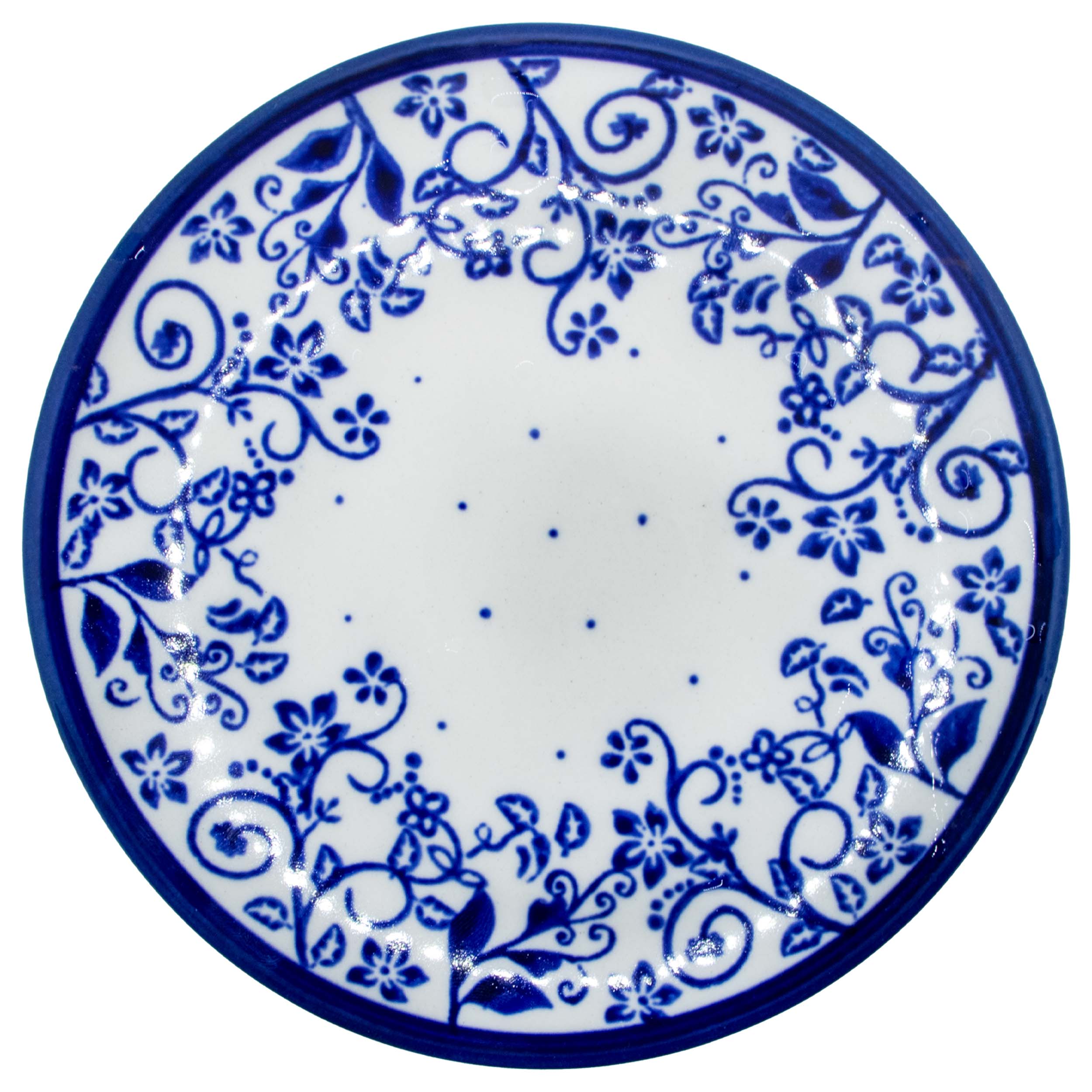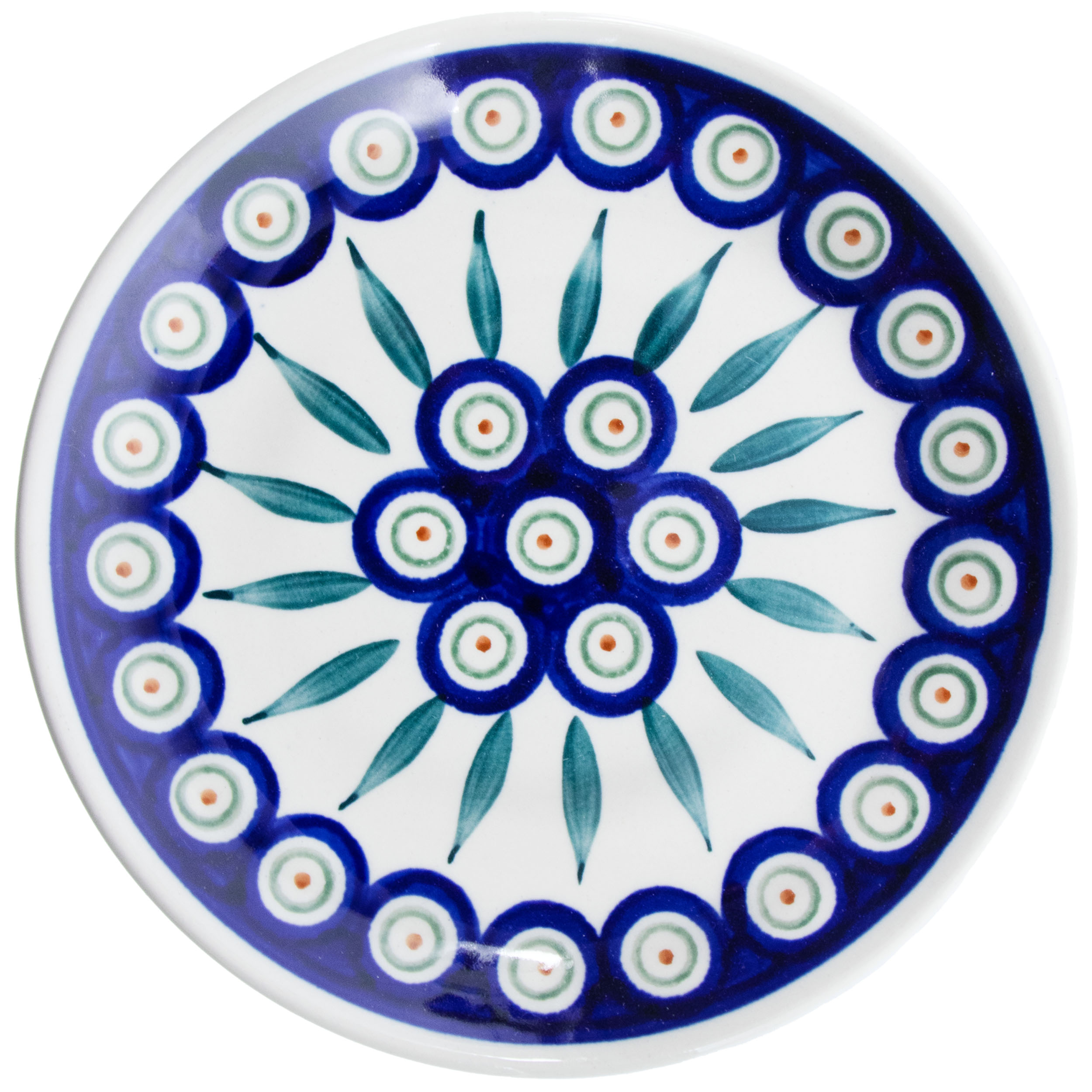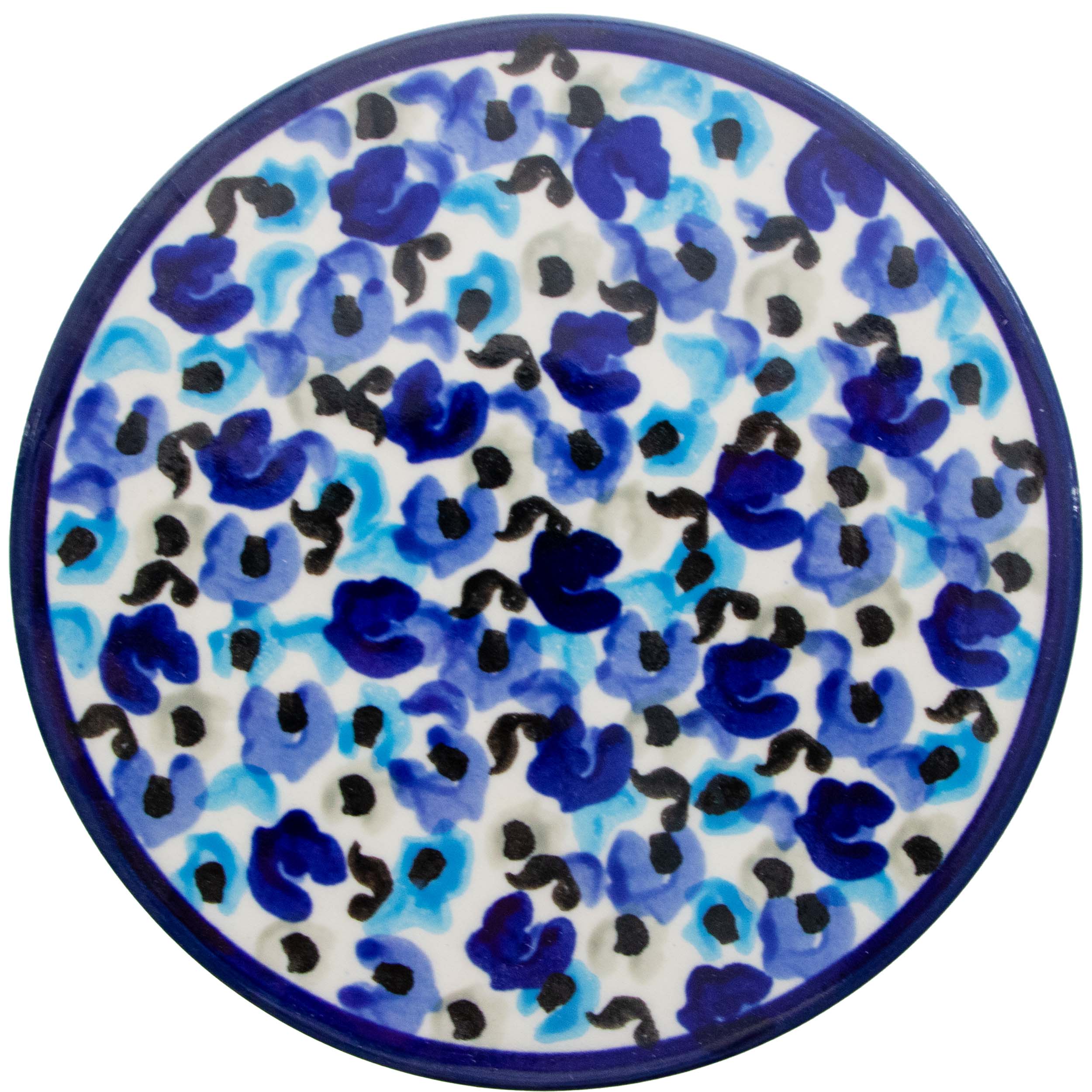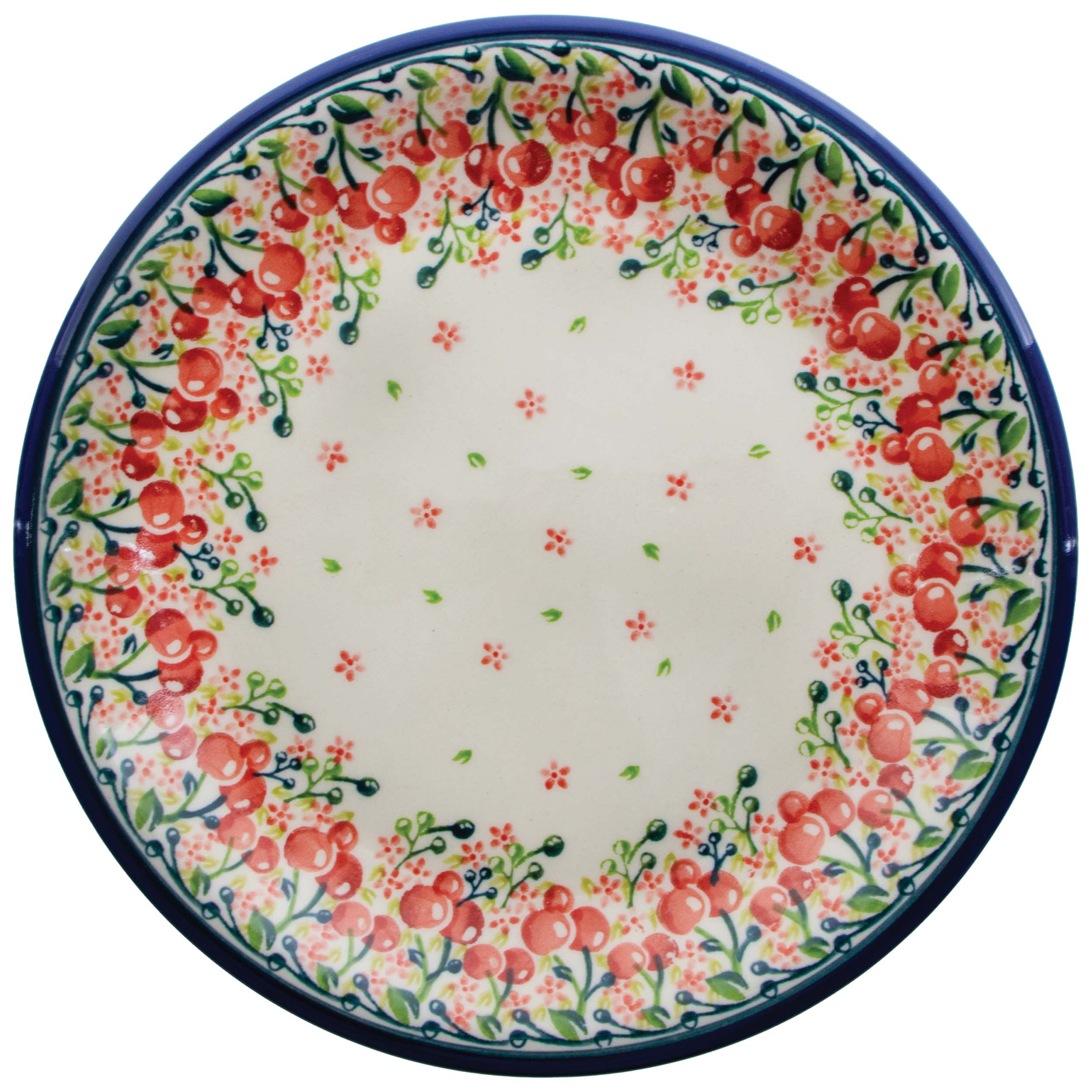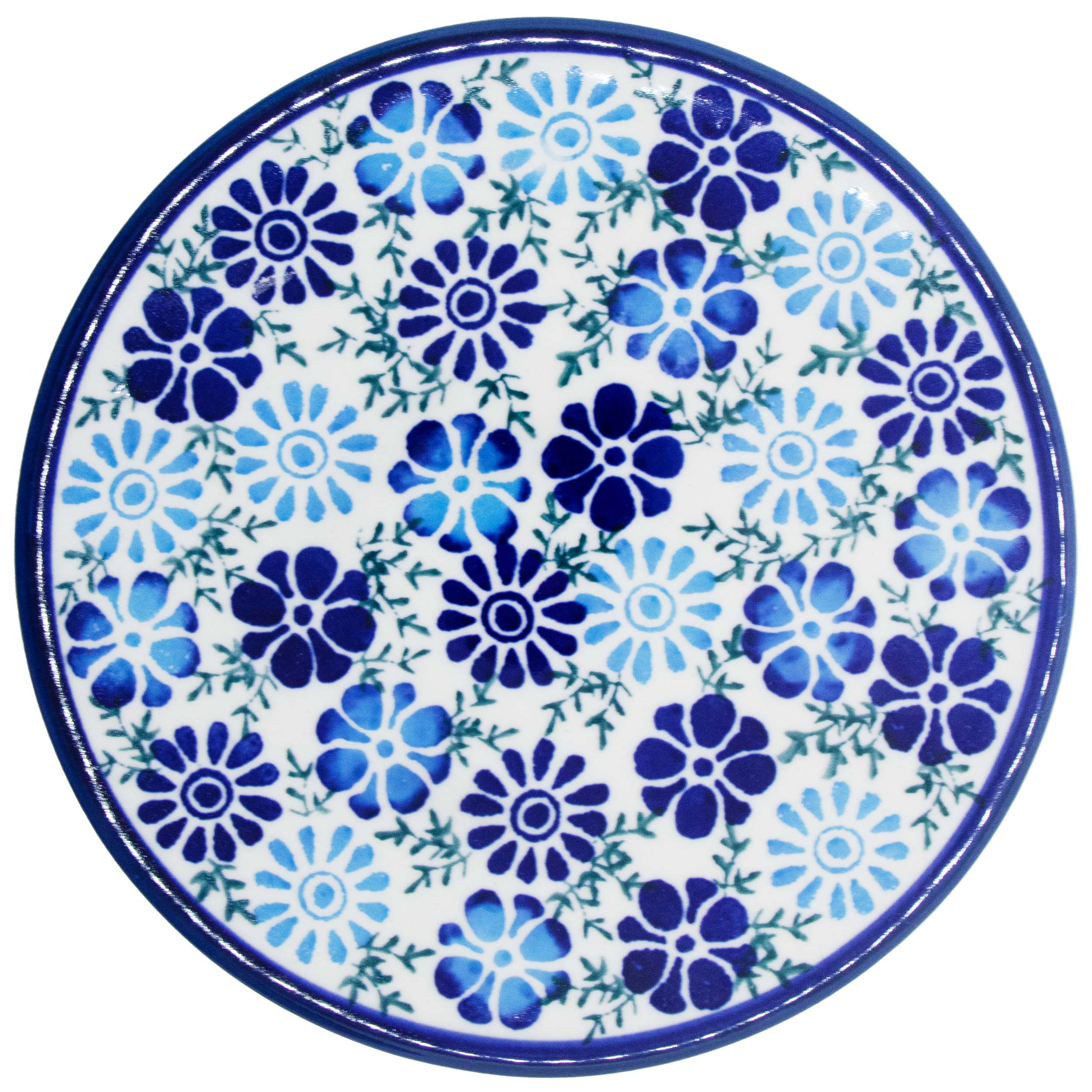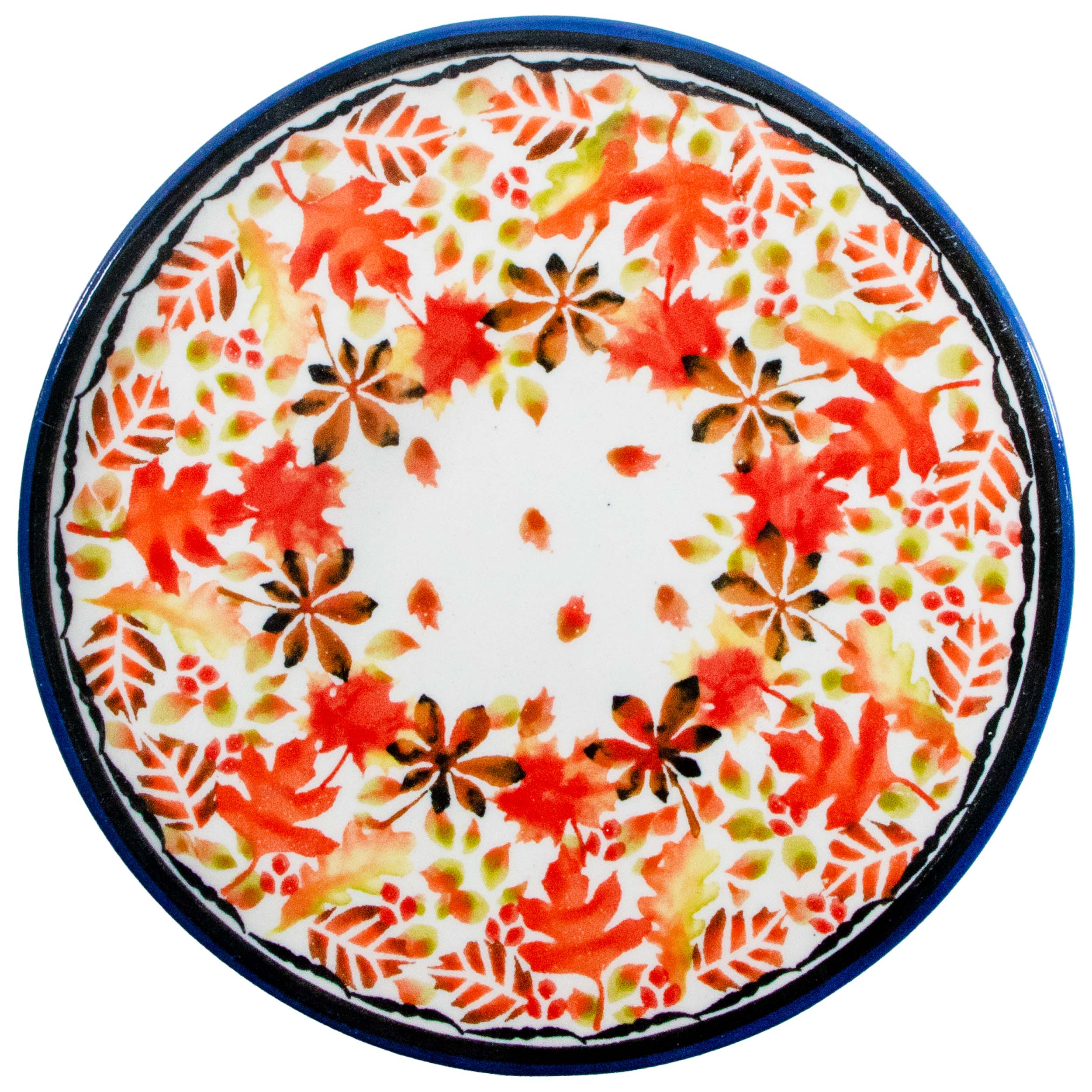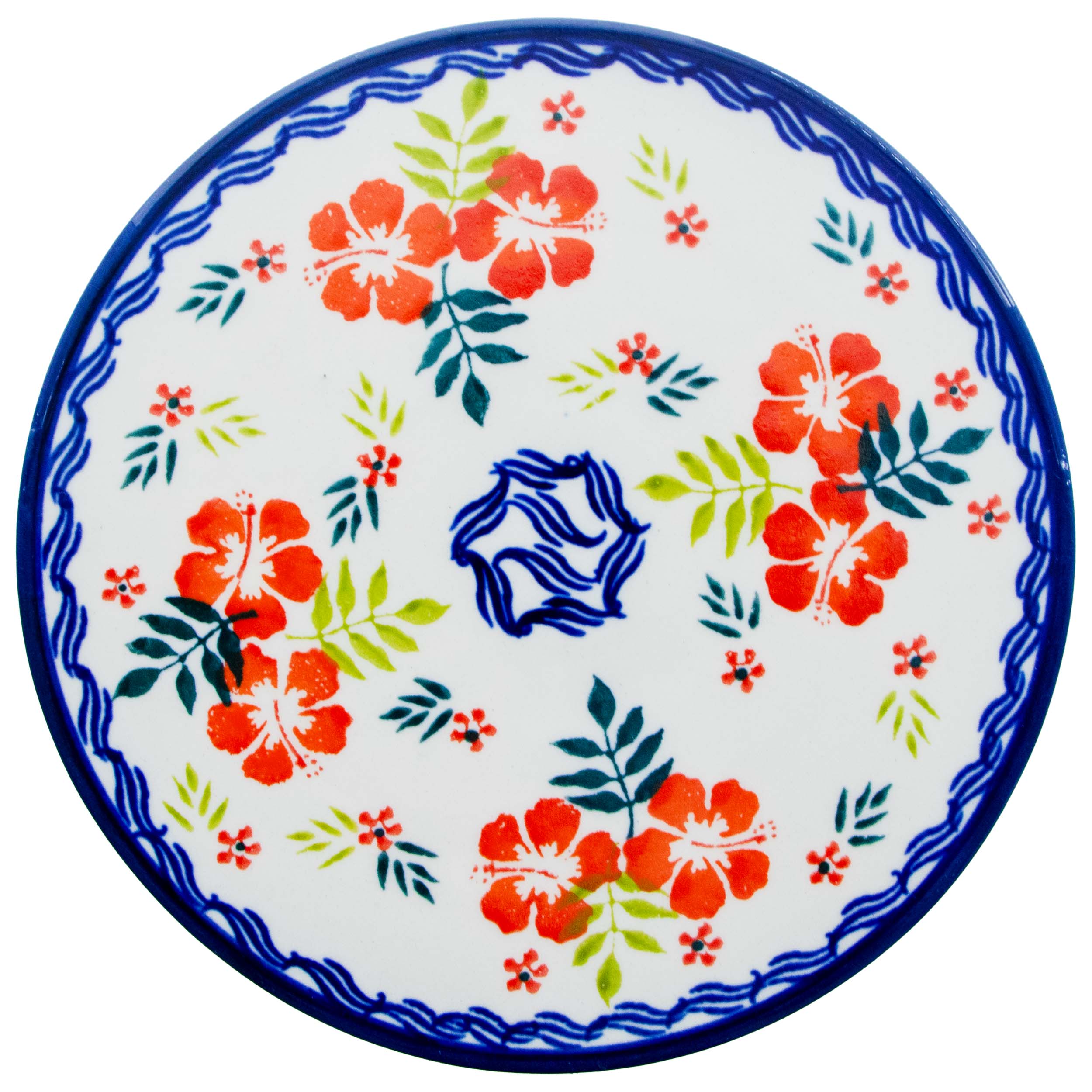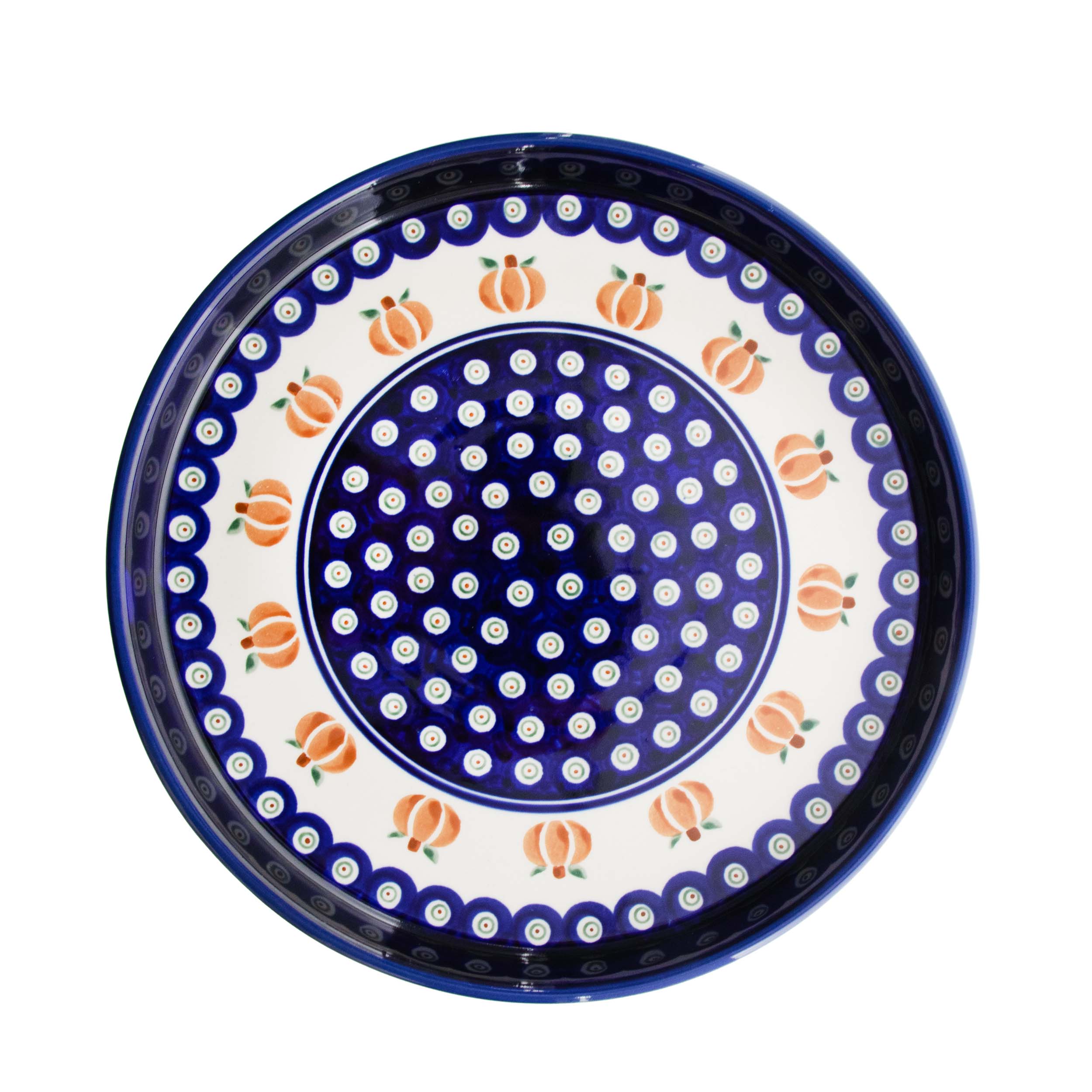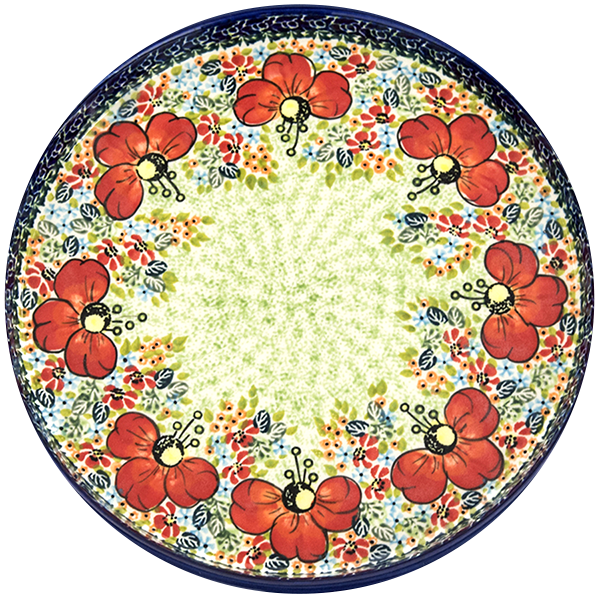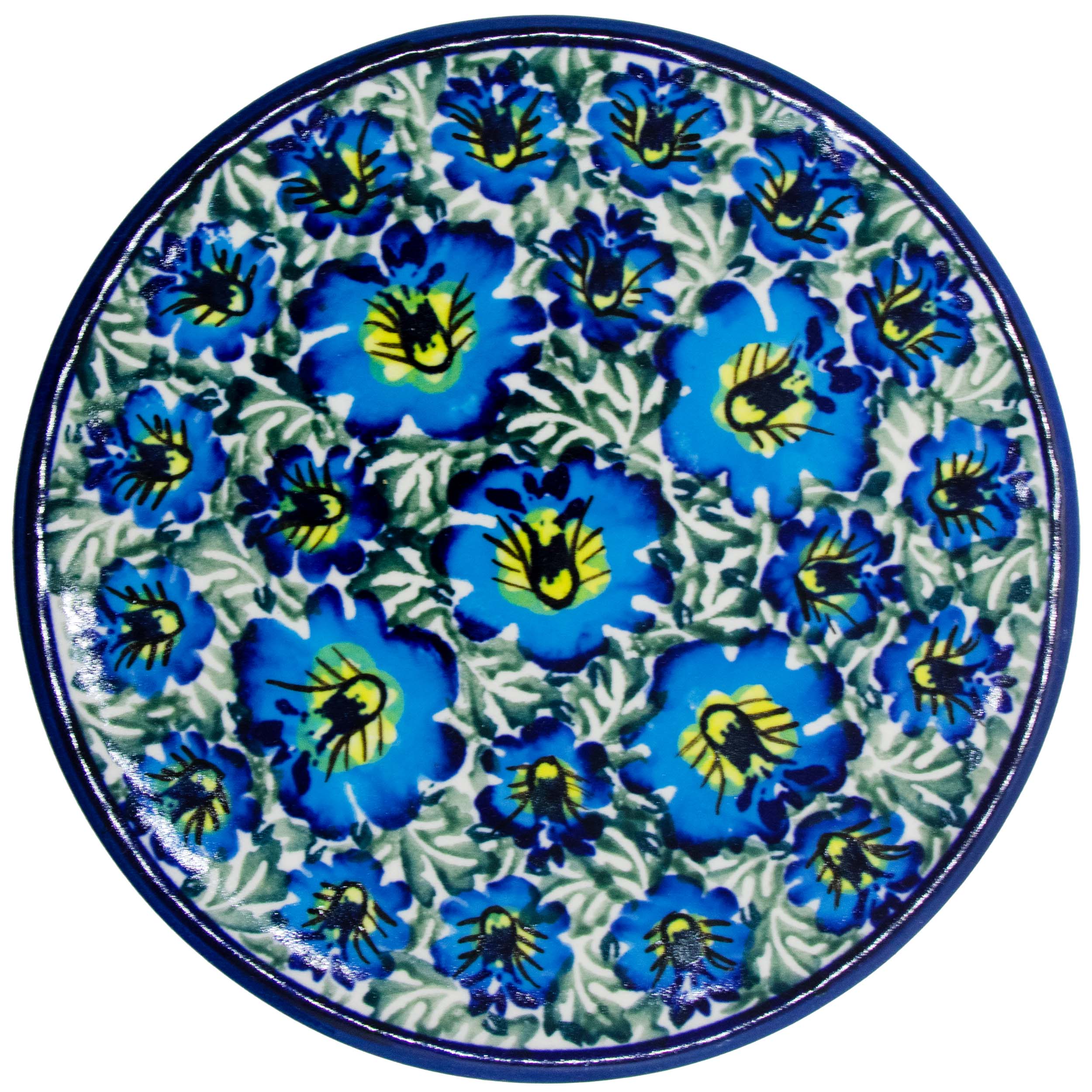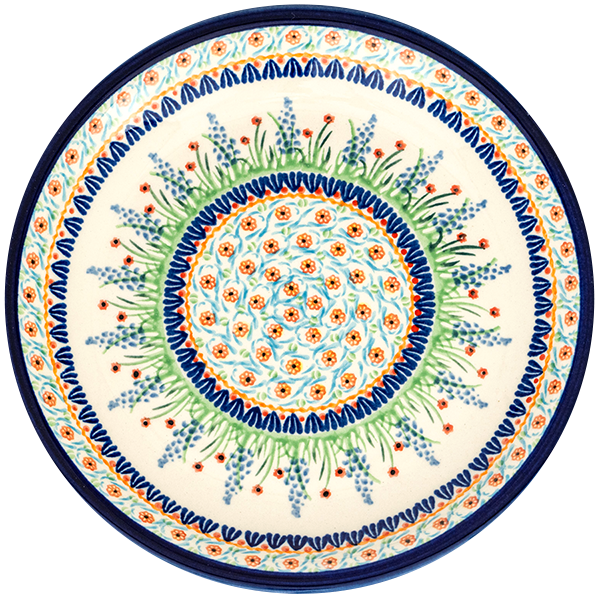Sustainable Practices in the Polish Pottery Industry

Sustainable Practices in the Polish Pottery Industry
The Polish pottery industry has a long history and is known for its handcrafted and decorative pottery items.
In recent years, as more people become aware of the environmental impact of pottery, there has been an increased focus on implementing sustainable practices in the industry.
This article explores some of the sustainable practices adopted by the Polish pottery industry and their impact on the environment and local communities.
Through these transformative efforts, the Polish pottery industry is proving that sustainability and success can go hand in hand.
Key Takeaways
- The Polish pottery industry has made significant progress in adopting sustainable practices. These practices focus on reducing waste, managing water and electricity usage, and supporting energy-efficient production methods.
- Waste reduction is a key priority for the industry. They have implemented measures to minimize the waste generated during the production process. This not only helps protect the environment but also leads to cost savings.
- Efficient management of water and energy usage is another important aspect of sustainability in the industry. The industry minimizes its environmental impact and helps conserve these valuable resources. It's a win-win situation, benefiting both the industry and the planet.
- The industry actively supports suppliers who engage in energy-efficient production methods. This collaboration ensures that the entire supply chain adopts sustainable practices, creating a more environmentally friendly and responsible industry as a whole
- The Polish pottery industry sets a positive example for other sectors by embracing sustainable practices.
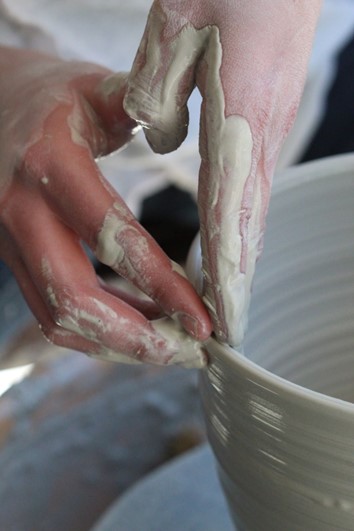
Photo by Anne Nygård on Unsplash
Proper Waste Management and Recycling
The Polish pottery industry has made significant strides in waste management. Manufacturers have implemented recycling programs for clay, glazes, and water used in the production process.
Recycling clay is a key step toward sustainable waste management. This allows manufacturers to reclaim valuable material that would otherwise be wasted.
Reusing clay not only reduces the need for raw clay extraction but also decreases the energy required for its production. This not only benefits the environment but also makes the production process more economically viable.
Similarly, recycling glazes is important for waste reduction. Excess glaze material can be reused instead of being disposed of as hazardous waste. This not only reduces the environmental impact but also saves resources and reduces costs for the industry.
This reduces the amount of waste generated and minimizes the environmental impact of the pottery industry.
Effective waste management is crucial for the Polish pottery industry. Implementation of these programs for clay, glazes, and water can greatly reduce waste generation and minimize its environmental impact.
Water Management
Water is a precious resource, and the industry has recognized the need to conserve it. Manufacturers should implement water-saving measures such as recycling water used in the production process and using efficient irrigation systems for pottery decoration.
Water is used extensively in pottery production for various tasks like cleaning, glazing, and preparing clay. To minimize water waste, it's advisable to install water-efficient equipment, such as low-flow faucets and toilets.
Supporting Suppliers with Energy Efficient Productions
In the Polish pottery industry, supporting suppliers with energy-efficient practices is essential for sustainable production.
One effective method is using energy-efficient machinery and equipment. Upgrading to modern, energy-saving equipment can significantly decrease energy consumption during the production process. This simple step can make a significant difference in reducing the industry's carbon footprint.
Another way to achieve energy efficiency is by optimizing production workflows and minimizing waste.
Streamlining processes and using raw materials more efficiently can reduce energy consumption and minimize their impact on the environment.
This not only benefits the environment but also improves the overall efficiency of pottery production.
By working together, suppliers and manufacturers can create a positive ripple effect throughout the entire supply chain. This collaboration leads to a more sustainable and responsible pottery industry in Poland.
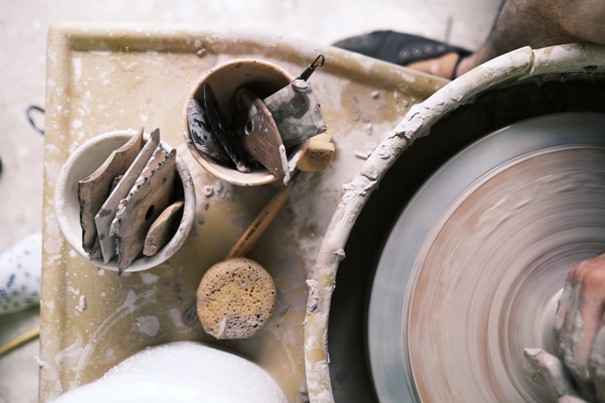
Product Longevity
The Polish pottery industry is embracing sustainability by promoting the use of high-quality pottery that lasts a long time and can be repaired or refurbished.
This approach supports the idea of a circular economy, where products are designed to have a longer lifespan and be reused or repaired, reducing waste and the need for new production.
Manufacturers in the Polish pottery sector are pushing consumers to purchase fewer, higher-quality goods by emphasizing longevity and durability. This not only reduces the environmental impact of producing new pottery but also encourages consumers to invest in pieces that can be passed down to future generations.
The industry is also offering repair and refurbishment services for damaged or outdated pottery items. This allows these items to be restored and continue to be used, extending their lifespan even further.
These efforts contribute to creating a more sustainable industry that values the preservation of resources and the reduction of waste.
Social Responsibility
The Polish pottery industry places a strong emphasis on social responsibility. They prioritize fair wages and safe working conditions for their employees.
This means that workers are paid fairly for their work, which improves their quality of life. It also ensures that they're protected from potential hazards and accidents.
To achieve these goals, the industry invests in expanding and modernizing its infrastructure and technological facilities. This not only leads to improvements in the quality of the pottery but also creates better working conditions for employees.
But social responsibility goes beyond just the workers. The industry also supports local artisans and preserves traditional pottery techniques. This helps to sustain the industry and preserve the cultural heritage associated with Polish pottery.
Social and Environmental Projects
Polish pottery manufacturers are aware of the importance of giving back to their local communities and preserving the environment.
As part of their commitment to sustainability, many companies actively participate in social and environmental projects that benefit their surrounding communities.
They support reforestation efforts by funding tree-planting initiatives and participating in tree-planting events, promoting forest restoration and biodiversity.
These social and environmental projects have a positive impact on local communities and the environment.
They foster a sense of responsibility and sustainability among community members, create a cleaner and greener environment, and strengthen the cultural and economic fabric of the region.
How Can You Be Sustainable with Your Polish Pottery?
In a world striving for sustainability, it's important to extend our eco-consciousness to all aspects of our lives, including our choice of home decor.
When it comes to Polish pottery, a timeless and beautiful art form, there are several ways to maintain a sustainable approach.
Choose long-lasting pieces
When buying Polish pottery, look for high-quality pieces that are made to last. Opt for timeless designs and durable materials like stoneware or porcelain.
Properly care for your pottery
Follow the care instructions provided by the manufacturer to ensure the longevity of your Polish pottery. Avoid using harsh chemicals or abrasive cleaning tools that can damage the glaze or patterns.
Use eco-friendly dishwashing solutions
Whenever possible, choose environmentally friendly dishwashing detergents and avoid chemical-laden products that can harm water ecosystems when washed down the drain.
Share the joy
Instead of hoarding your Polish pottery, consider gifting or donating pieces to friends, family, or charitable organizations. By sharing the beauty and functionality of Polish pottery, you can spread awareness and appreciation for sustainable craftsmanship.

Photo from Zakladyboleslawiec
Polish Pottery for the Environment
The Polish pottery industry has made great progress in adopting sustainable practices. These practices aim to reduce waste, manage water and electricity usage, and support suppliers with energy-efficient production.
The industry aims not only to minimize its environmental impact but also set a positive example for other sectors. These efforts contribute to the long-term viability of the industry and showcase its dedication to social responsibility.




